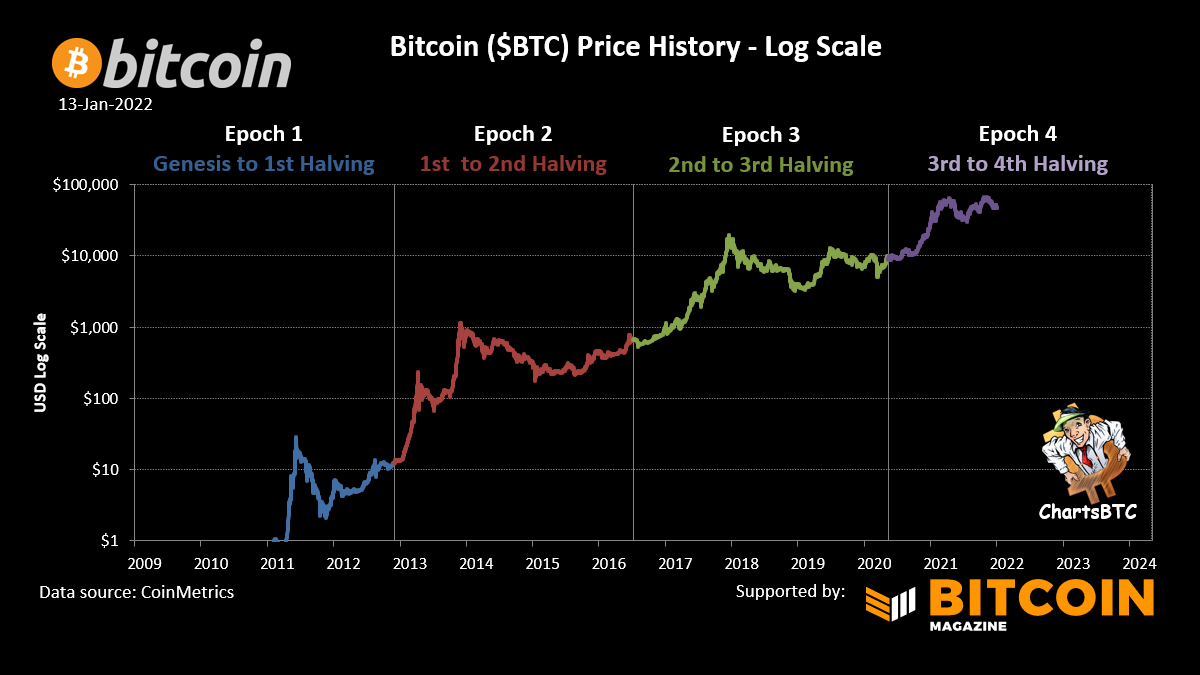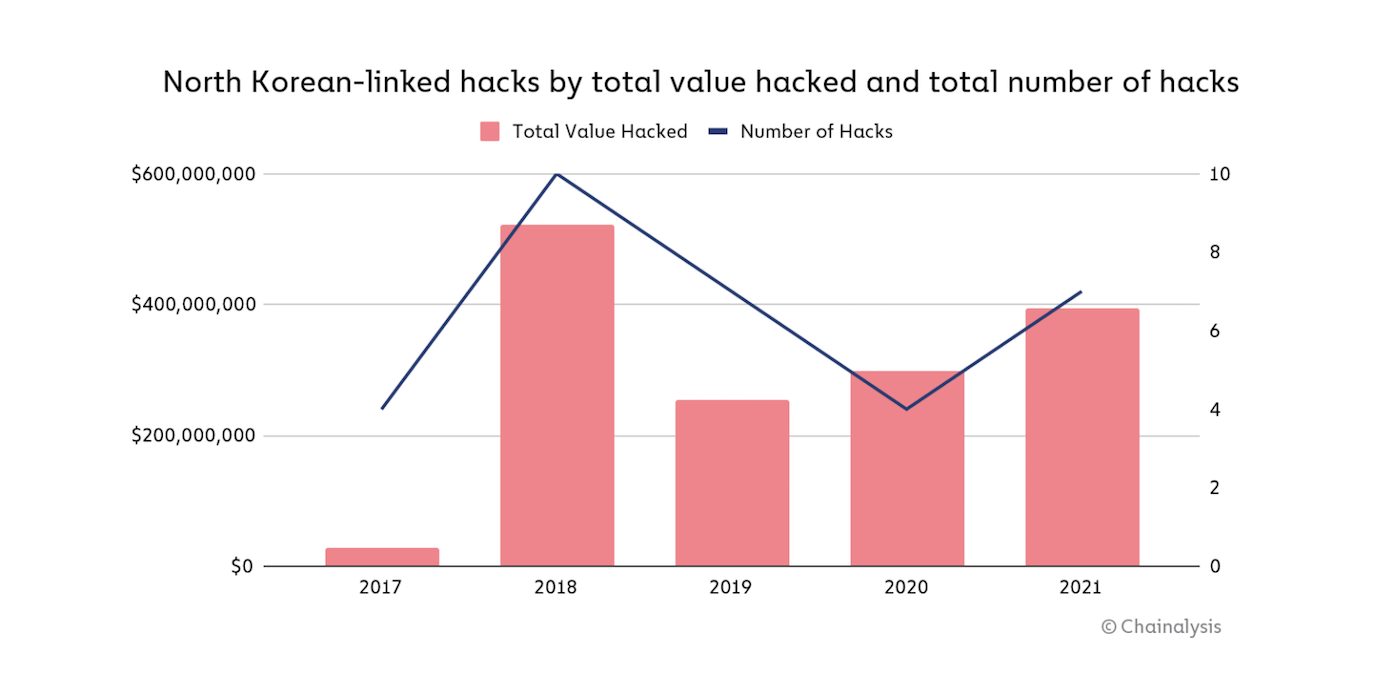A Florida-based real estate technology firm, Milo, may just have solved the age-old problem of Bitcoiners who want to buy real estate but don’t want to sell their hard-earned coins. Following an announcement this week, Milo is launching the world’s first Bitcoin mortgage offering, enabling customers to buy real estate in the US by leveraging their stack as collateral.
A Bitcoiner’s Dream
Bitcoiners have always gone back and forth about the merits of real estate ownership:
One thing that can’t be denied, however, is that we all need a roof over our head. To those who prefer ownership over renting, the pain of selling bitcoins to purchase property is twofold – not only do you have less BTC, but you’re also left with a hefty tax bill.
Milo’s offering is therefore a welcome relief to Bitcoiners around the world who wish to buy US real estate. As per the announcement, qualifying clients would enjoy a 30-year bitcoin-backed low rate mortgage:
Clients expect us to come up with innovative solutions to extend credit to millions of great consumers. The existing ways for crypto consumers to access home credit has left them with unintended tax liabilities of selling for a downpayment or worse, the opportunity cost of seeing their crypto increase in value. There are countless stories of people buying property with bitcoin proceeds only to see it increase in value and be worth millions more.
Josip Rupena, CEO and founder, Milo
Aside from the benefit of diversification and capital growth of both assets, one of the best features of this offering is that it requires zero dollars down as a deposit. Milo claims the entire process is seamless and far quicker than conventional mortgage applications due to the “liquidity of digital assets”.
Already, nationals from 63 countries have signed up for the offering, suggesting that international appetite for the product is strong. Recognising that, historically, banks have not been the friendliest towards crypto, Milo’s CEO added:

This is an exciting time for the crypto and mortgage industries. With our new crypto mortgage, we can expand our offerings to consumers that were previously denied by other banking firms just for having crypto. We have an opportunity to make sure that doesn’t happen any more and their bitcoin wealth can now help them buy a property.
Josip Rupena, CEO and founder, Milo
The downside? Not your keys, not your coins. Clients would be well-advised to do a due diligence on what happens with their bitcoin once handed over. The devil is in the detail, which at this point is distinctly lacking.
We’ve seen bitcoin-backed miner loans, bitcoin-backed mortgage refinance and now this, bitcoin-backed mortgages. It’s hard to envision any circumstances in which this is where it ends.
Notably, no one is offering other crypto loans in this context, suggesting the consensus appears to be that Bitcoin is here to stay and worthy as collateral for a 30-year loan commitment.



























